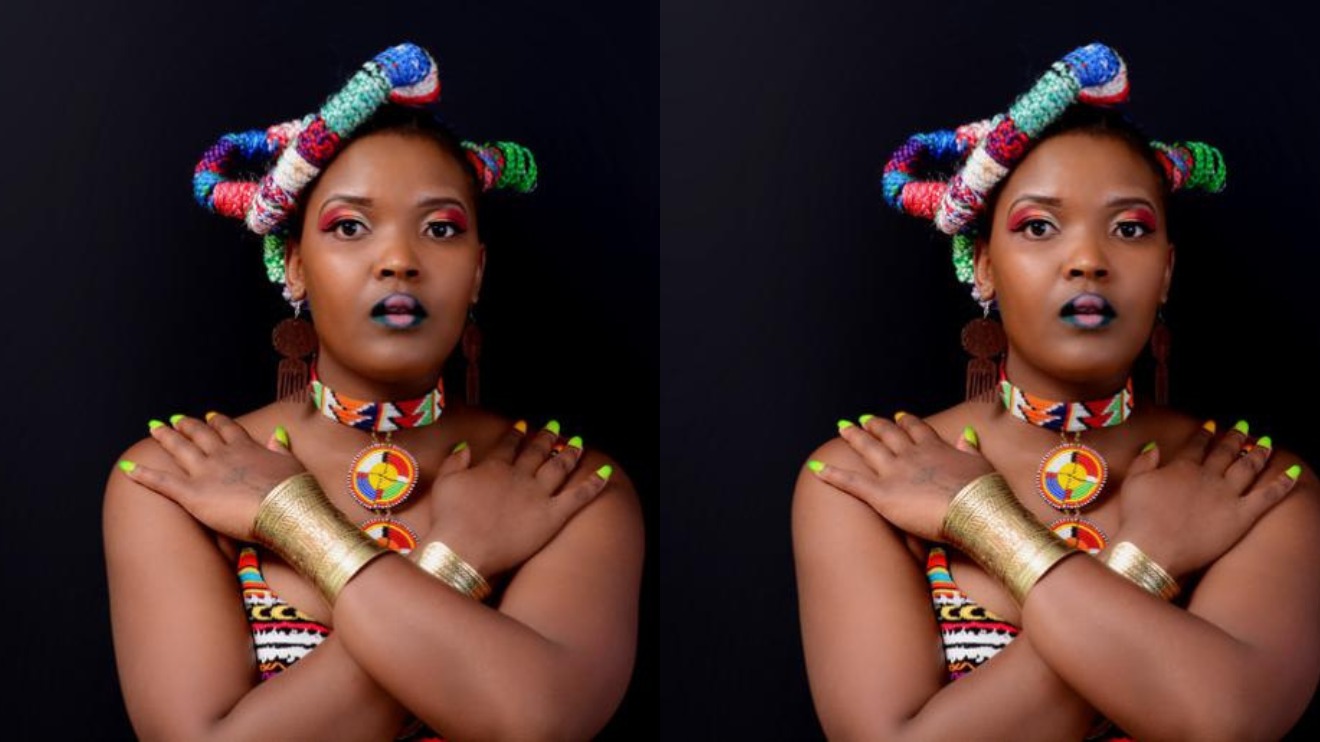In an interview with Kikuyu YouTuber Jeff Kuria, Sofiya Nzau shared insights about her journey, inspirations, and challenges.
Born as Sophia Wanjiku Maina in Githumo, Murang’a County, Sofiya attributes her passion for music to her African roots and her lifelong dream of becoming a singer. She began her career between 2021 and 2022, writing songs alongside her husband, Nzau. Together, they sold their music on various online platforms, which proved successful.
CHECK OUT
“We realized that producers and DJs preferred my Kikuyu singing over English, so we shifted focus to AfroHouse and studied the genre,” she explained.
Sofiya described AfroHouse as an accessible genre, akin to freestyling, which made it easier for them to produce samples. They uploaded these samples on music apps, where interested buyers could assess them before purchasing full versions.
The couple later ventured into creating vocal packs—background vocals for English songs. Sofiya initially made 200 vocal packs, then increased to 600. One of these was sampled by Zerb to create Mwaki. “Producers, songwriters—anyone—can access these vocals,” she added.
Her first set of vocal packs earned $700, though the journey involved trial and error, learning about royalties, and persistence. Surprisingly, Sofiya wasn’t initially aware of Mwaki’s success. “I’m not very active on social media, so when people sent me TikTok videos, I ignored them,” she admitted.
Eventually, Zerb reached out, leading to an online meeting, followed by a December visit to Kenya, where they shot a music video and performed at the Coast.
Addressing the financial aspect, Sofiya clarified, “The song belongs to Zerb as the producer. I’m a featured artist, so I earn a percentage, but many others also get their share.”
ALSO CHECK OUT:
Sofiya Nzau addresses revenue split from her mega hit song “Mwaki”
She highlighted challenges in the entertainment industry, particularly visa rejections. “It’s hard to get a visa. Even with confirmed gigs, they don’t recognize you as an artist, leading to missed opportunities.”
Despite these hurdles, Sofiya expressed gratitude for Kenyan fans. Their support ensured she received royalties from Mwaki. “Selling vocal packs usually doesn’t guarantee royalties, but the online buzz helped me.”
Sofiya also revealed exciting collaborations, including projects with Nigerian singer Fireboy DML and South African artist Nomcebo of Jerusalema fame. “There’s much more music on the way,” she shared enthusiastically.


